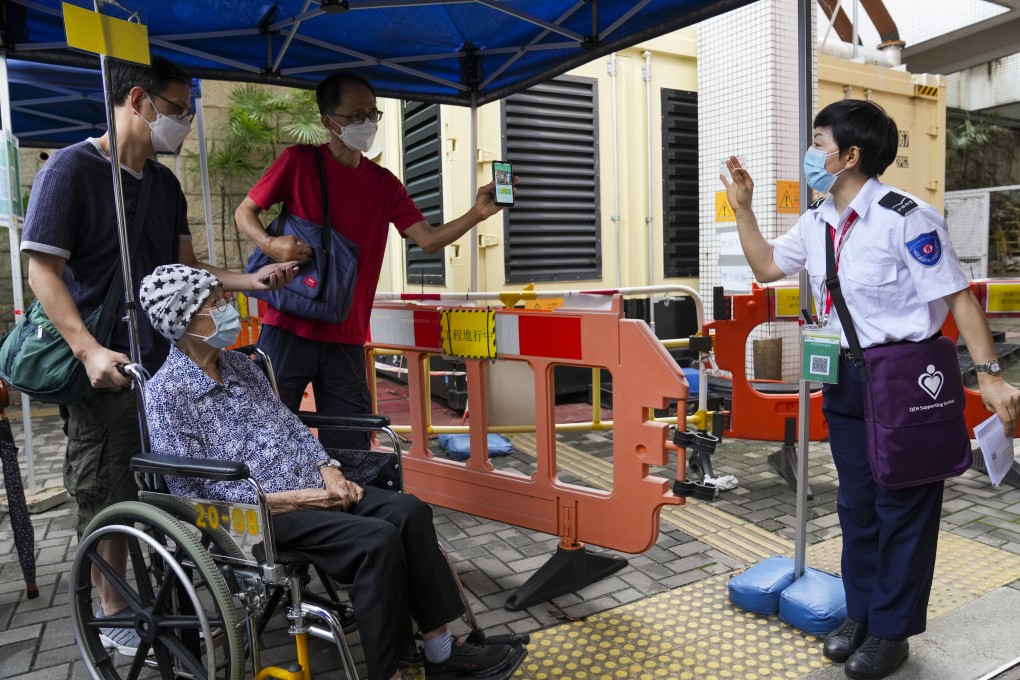Letters | Carers should be allowed to stay with disabled patients, pandemic or not
- Readers discuss how Covid-19 measures affect disabled patients in hospitals, the new testing rule for bars, the city’s continuing ‘trade barrier’ against itself, and why the congestion levy should be based on income

As a person with a physical disability who was recently hospitalised, I request that the Hospital Authority allow primary caretakers to stay with disabled patients while they are hospitalised. Hospital staff may have undergone training to help patients with different disabilities, but this training does not address the day-to-day needs of individual patients.
As a person with mobility barriers, I need help to sit, stand and walk a certain way. These specifications are not covered by hospital staff training. There were, therefore, uncertainties over how to facilitate daily activities such as sitting on a suitable chair, standing, going to the washroom and showering. This increased my risk of progressively losing muscle strength due to mostly remaining in bed.
The Hospital Authority’s 2020-21 statistical report shows an overall inpatient occupancy rate of 79.3 per cent. Near-full capacity puts wardens under pressure and limits their ability to cater to the needs of disabled patients. It is not possible for staff to accommodate disabled patients who need help simply to stand or even sit for longer periods. Even a physiotherapist needs guidance from a primary caretaker on the usual mobility routine of a patient to ensure they maintain their daily exercise.
A pandemic rule barring visitors – including carers – from entering wards prevents the provision of suitable care for disabled patients, who may not get the help they need from staff. The absence of caretakers, therefore, puts both patients and staff in a predicament, one which could harm a patient’s recovery.
Permitting primary carers to stay full-time with disabled patients when they are hospitalised is the clear solution. It ensures the provision of “reasonable accommodation” as outlined in Hong Kong’s Disability Discrimination Ordinance. The World Health Organization’s paper, “Disability considerations during the Covid-19 outbreak”, additionally emphasises the importance of coordinating care between health and social services, families and carers to address complex needs.
